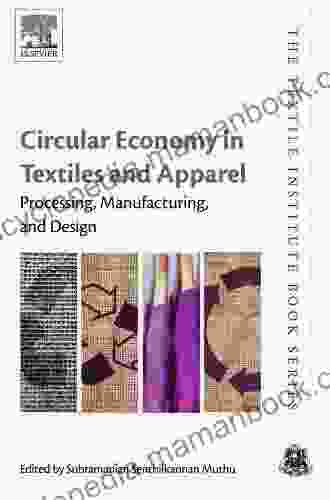The American educational system has faced numerous reform efforts and regulatory initiatives over the past several decades, all with the purported goal of improving student performance and outcomes. However, despite these significant interventions, evidence suggests that schools have not made substantial progress in addressing long-standing challenges. This article explores the reasons why reform and regulation have failed to deliver on their promises and argues that a fundamental shift in approach is necessary to improve the quality of education in the United States.
The Flawed Assumptions Behind Education Reform
Many education reforms are based on the assumption that standardized testing and accountability measures provide an accurate reflection of student learning and teacher effectiveness. However, this assumption is flawed for several reasons. First, standardized tests often measure a narrow range of skills and knowledge, failing to capture the full range of student learning. Second, these tests are susceptible to bias, potentially undervaluing the achievements of certain student groups. Third, the focus on standardized testing can lead to a narrowing of the curriculum, as teachers are forced to teach to the test rather than addressing the diverse needs of their students.
4.3 out of 5
| Language | : | English |
| File size | : | 856 KB |
| Text-to-Speech | : | Enabled |
| Screen Reader | : | Supported |
| Enhanced typesetting | : | Enabled |
| Word Wise | : | Enabled |
| Print length | : | 148 pages |
Another flawed assumption underlying education reform is that increased funding alone will lead to improved outcomes. While adequate funding is certainly important, it is not sufficient to ensure educational quality. Research has shown that simply throwing more money at schools does not necessarily translate into better student performance. In fact, excessive funding can sometimes lead to inefficiencies and a lack of accountability.

The Unintended Consequences of Regulation
In an effort to improve educational outcomes, policymakers have implemented a multitude of regulations on schools and teachers. These regulations often mandate specific curriculum standards, teaching methods, and data collection procedures. However, these regulations can have a number of unintended consequences that hinder educational progress.
One unintended consequence of regulation is that it can stifle innovation. When schools are forced to adhere to a rigid set of rules, they have less flexibility to experiment with new and potentially more effective approaches to teaching and learning. This can lead to a stagnation of educational practices and a reluctance to embrace evidence-based reforms.
Another unintended consequence of regulation is that it can increase administrative burden. Schools and teachers often have to spend a significant amount of time and resources complying with regulatory requirements, which can detract from the core mission of teaching and learning. This administrative burden can lead to burnout among teachers and can make it difficult for schools to focus on their primary goals.
A Shift in Approach: Empowering Schools and Teachers
In light of the limitations of reform and regulation, a fundamental shift in approach is necessary to improve the quality of education in the United States. This shift should focus on empowering schools and teachers to make decisions that are best for their students and communities.
One key element of this shift is to provide schools with greater autonomy. Schools should be given the freedom to develop their own curricula, determine their own teaching methods, and select the assessments that best measure student learning. This autonomy will allow schools to respond more effectively to the unique needs of their students and to implement innovative approaches that are not constrained by regulations.
Another key element of this shift is to empower teachers. Teachers should be given the respect and autonomy they deserve as professionals. They should be trusted to make decisions about their classrooms and to use their expertise to develop and implement effective lesson plans. This empowerment will lead to greater teacher satisfaction and will create a more stimulating and engaging learning environment for students.
The American educational system has been plagued by a series of failed reforms and regulations that have not delivered on their promises. These reforms and regulations have been based on flawed assumptions and have often had unintended consequences that have hindered educational progress. In order to improve the quality of education in the United States, a fundamental shift in approach is necessary. This shift should focus on empowering schools and teachers to make decisions that are best for their students and communities. By providing schools with greater autonomy and empowering teachers as professionals, we can create a more equitable, effective, and engaging educational system for all students.

















































































































